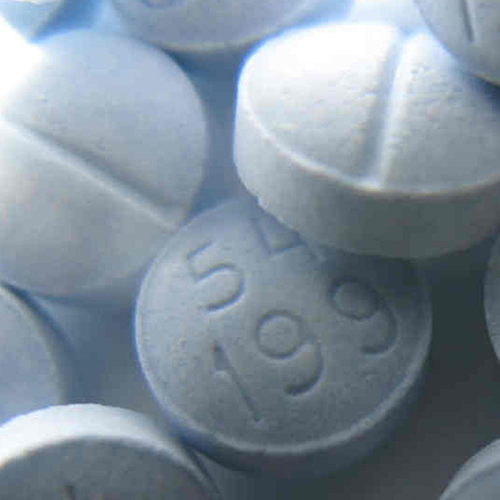

Dilaudid is the brand name for the drug hydromorphone, which falls into the class of drugs known as opiate analgesics. The drug is most often prescribed by doctors to relieve moderate to severe pain from burns, cancer treatment, and bone or soft tissue injuries. Hydromorphone is sometimes used as alternative to morphine. Dilaudid is often ingested via pill or liquid form.
While Dilaudid can be helpful when used as prescribed, the drug belongs to the Schedule II class of opiate analgesics. This class of drug carries the highest potential for addiction and abuse. In 2005, over 33 million people in the U.S. used narcotic pain relievers, like Dilaudid, for nonmedical purposes.
Symptoms of Dilaudid Addiction
Like other drugs, Dilaudid has a direct response on your body’s chemicals. When Dilaudid enters your body, it acts on the brain’s cell receptor sites responsible for producing certain neurotransmitters. In the case of Dilaudid, these neurotransmitters include dopamine, serotonin, and norepinephrine. Continued use of Dilaudid turns into a physical dependence: your body and brain actually require the drug to produce those neurotransmitters and function normally.
- Poor performance at work
- Legal and financial problems
- Loss of interest in things that you used to care about
- Neglecting responsibilities
- Emotional instability
- Decline in personal hygiene and health
Effects of Dilaudid Use
Using Dilaudid results primarily in feelings of euphoria, calm, and complete relaxation. However, this initial high can be accompanied by a variety of other side effects including:
- Flushed skin
- Sweating
- Itching
- Insomnia
- Nausea / Vomiting
- Diarrhea
- Drowsiness
- Blurry vision
- Headaches
- Dry mouth
- Stomach pains
- Strange dreams
Dangers of Dilaudid Use
Dilaudid is even more dangerous if you have pre-existing conditions, like breathing problems, adrenal gland disorders, or lung or kidney disease. You may also be allergic to Dilaudid if you exhibit:
- Hives
- Rash
- Swelling of the face, lips, tongue, or throat
- Difficulty breathing
Complications of Dilaudid Use
- Hallucinations
- Mood swings
- Confusion
- Agitation
- Severe stomach or abdominal pain
- Problems urinating
- Weak or shallow breathing
- Seizure
- Pounding or fluttering heartbeats
- Wheezing
- Severe weakness or drowsiness
- Feelings of passing out
Questions? Contact Us for Help

Medical Intervention For Dilaudid Addiction
Medical Intervention
Dilaudid addiction is a serious issue that could cost you your life. Weaning off dilaudid on your own can be extremely difficult. Medical intervention can return you to a normal healthy life by combining structured medication with counseling and therapy. Medication is designed to support damage to brain cells and maintain a proper chemical balance.
For Dilaudid addiction, you may be prescribed:
Buprenorphine; Suboxone; Subutex; Methadone
These medications may also be combined with psychosocial treatment, including:
Group therapy; Drug education training; Support groups; Relapse prevention strategies
RECOVERING FROM DILAUDID ADDICTION
Recovery
Detox helps you work the toxins out of your system, but it’s just the first step to wellness. Many detox programs lead directly into longer 30-, 60-, or 90-day rehab programs. These programs are designed to give your further tools and assistance to stay sober for the long-term. By starting with a comprehensive detox program you are able to get the support need to manage withdrawal symptoms and work against relapsing.

How to Find the Right Dilaudid Detox Center For You
Georgia Drug Detox can help you find an inpatient care facility for your Dilaudid addiction. If you have any questions about treatment options or insurance, please don’t hesitate to give us a call. When you’re ready, call us at (678) 771-6411 and begin the admission process.

